Holy Preaching : The Sacramentality Of The Word In The Liturgical Assembly
$29.95
The reform of the liturgy has dramatically changed the way Roman Catholics and all Christians understand their worship. The arena of the encounter has shifted from a passive experience of observation of the great Mysteries to one that invites active participation on many levels. Yet, the imagination of many who preach, preside, and gather to worship continues to be shaped by a passive model as well as by the notion of sacramental activity as a product to be received or given, rather than expressed and shared in communion with one another. In The Holy Preaching, Paul Janowiak deepens the discussion of Christ’s presence in the Word by offering critical reflection on the disparity between the theology and the practice of preaching and some explanation as to why that disparity exists.
Janowiak provides an overview of twentieth-century ecclesial sacramentality. He discusses the liturgical movements and important theological issues that led to reform and provides an in-depth analysis of how sacramental theologians Karl Rahner, Otto Semelroth, and Edward Schillebeeckx advanced the dialogue of Christ’s presence in the Word. He explains that despite the seminal work done by those sacramental theologians, a specifically liturgical understanding of Christ’s presence in the Word remains largely a theological concept and not a grace-filled reality. Part of this gap in theory and practice is the result of a fractured liturgical celebration. The Liturgy of the Word appears a distinct and often unrelated part of the entire eucharistic celebration. Using contemporary literary theory, Janowiak tackles this gap and roots out the foundations of this disparity between theology and its practice in worship. He inserts creative liturgical and sacramental theology into the literary particularities of sacred text, shared tradition, and communal hearing. From this a new lens on the sacramentality of the Word emerges.
The dialogue begun by sacramental theologians Rahner, Semelroth, and Schillebeeckx is re-opened by Janowiak. He examines the fruits of the liturgical reform of the past forty years and parallel movements in critical theory. The result is an understanding of Christ’s presence in the Word in a way that reveals the Mystery of God at work in the gathering of believers.
in stock within 3-5 days of online purchase
SKU (ISBN): 9780814661802
ISBN10: 0814661807
Paul Janowiak
Binding: Trade Paper
Published: March 2000
Publisher: Liturgical Press
Print On Demand Product
Related products
-
Essential Catholic Handbook (Revised)
$17.99Add to cartThis invaluable book for those who want a topical summary of “what it means to be Catholic,” is now even more useful. This expanded edition includes a new Introduction, the current list of holy days of obligation observed in the United States, the Prayer for Vocations preferred by Pope John Paul II, a new section on how to prepare for a sick call, an index, and much more.
An important reference work for any interested Catholic, especially those involved in church ministry.Includes a glossary of key terms and cross-referenced to the Catechism of the Catholic Church.
-
Prayer In The Digital Age
$16.99Add to cartThe digital age is an age of information overload. In this noisy, technology-driven world, full of important news and urgent messages, spending silent time in prayer can seem impossible.
In his second book, Matt Swaim brings to light the obstacles to prayer inherent in our digitally-connected culture and explores both the challenges and benefits of living a Christian life in the 21st century. Drawing on the spiritual wisdom of such masters as St. Ignatius of Loyola, St. Therese of Lisieux, and Venerable Pope John Paul II, Swaim provides practical suggestions for learning how to “unplug” and incorporate prayer into one’s daily life.
Delve into how technology truly affects our faith:
In a culture suffering from information overload, what’s the difference between knowing facts about God and actually knowing God?
How does our desire to be entertained interfere with knowing God as He really is, rather than just as we want to perceive Him?
What are the distinctions between employing media and information as tools to aid evangelization and spiritual growth while avoiding a purely consumer approach to the faith?
How can information overload deaden our ability to listen? -
Great Divorce
$17.99Add to cartC.S. Lewis takes us on a profound journey through both heaven and hell in this engaging allegorical tale. Using his extraordinary descriptive powers, Lewis introduces us to supernatural beings who will change the way we think about good and evil. In The Great Divorce C.S. Lewis again employs his formidable talent for fable and allegory. The writer, in a dream, finds himself in a bus which travels between Hell and Heaven. This is the starting point for an extraordinary meditation upon good and evil which takes issue with William Blake’s The Marriage of Heaven and Hell.
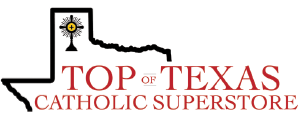
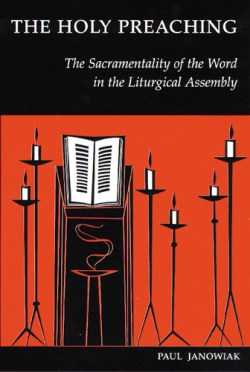
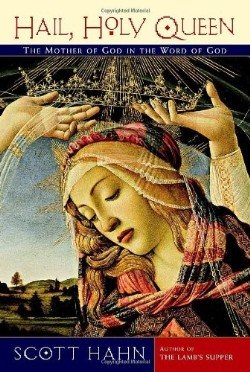
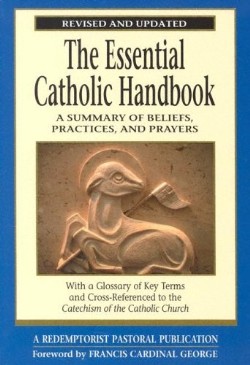
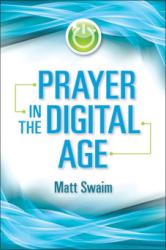
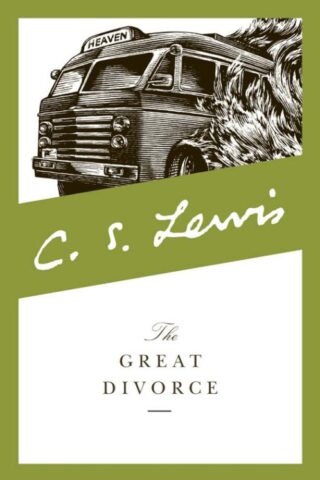
Reviews
There are no reviews yet.